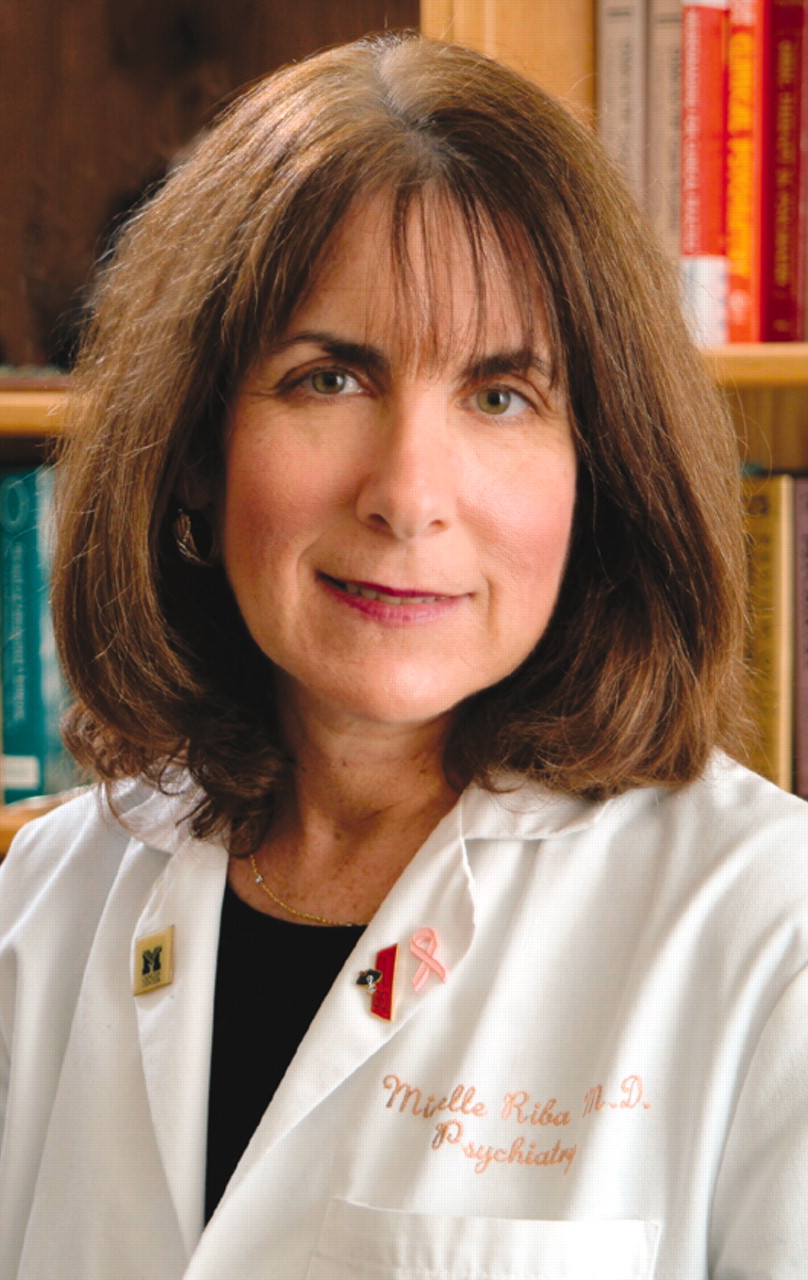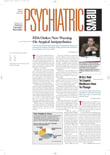It's been 18 years since the last major summit was held on psychiatric education, and with the numerous changes that psychiatry in particular and medicine in general have undergone since then, the time is ripe to discuss how psychiatric education during medical school must evolve in the coming years to better meet current challenges and prepare for expected challenges. Thus, a number of experts in psychiatric education have been invited to meet at APA headquarters later this month to participate in a consensus conference titled“ Educating a New Generation of Physicians in Psychiatry.” Our overall goal is to achieve a beginning consensus on how best to reconceptualize and restructure medical student education as resources continue to shrink and expenses rise.
This is a critical time for our field. While the good news is that the number of graduating medical students choosing to enter psychiatry has risen slightly each year for the past five years (Psychiatric News, April 15), we need to continue to pass on our excitement about the field and its critical importance to ensure that the number of psychiatrists in the future is sufficient to meet the growing demand for care.
And students do indeed become excited about psychiatry once they learn more about the work we do. I recently taught a seminar with Dr. Tamara Gay, the director of medical student education at the University of Michigan, where I am on faculty. Our task was to teach the abnormal mental status examination to a group of first-year medical students using videotaped vignettes. The students were not only interested, but fascinated. Discussion about the fine points of diagnosis, treatment, etiology, and biology took a back seat to discussion about what the students saw on the videotape. They clearly came to the realization that evaluating patients' mental status is an important part of their medical education and future roles as effective physicians.
As we retool for the future, these are just some of the questions that we need to answer: What are the best methods of teaching psychiatry at various levels of medical school? How do we close the gap between what is currently taught and what should be learned? What should be the content of didactic lectures? What should the clinical experience consist of? What is the role of research in medical student training? Should students be taught how to use computers to access medical information and make treatment decisions? How can we incorporate research and mentorship opportunities?
Our medical school recently acknowledged the importance of psychiatric education for medical students and expanded the length of the psychiatry clerkship from four weeks to six weeks. We were asked to include child and adolescent psychiatry, substance abuse, geriatrics, community psychiatry, and psychosomatic medicine and base the clerkship in an outpatient setting rather than the traditional inpatient setting. Other medical schools are similarly emphasizing the importance of psychiatric education.
Today many departments of psychiatry are more focused on conducting research and their grant income than on educating students and literally cannot afford to have faculty spend time on mentoring and modeling for students. Furthermore, with lengths of stay on inpatient units so short, it is getting harder and harder to provide a continuity experience for students.
There are different models of psychiatric education to consider. Some involve teaching students in primary care settings so students can see mental health problems in the settings in which they are most likely to practice—in medicine, ob/gyn, and pediatric clinics. But that raises another problem: reimbursement. Many patients are covered through mental health carveouts or have no coverage at all. Medicare patients must pay a 50 percent copay for most psychiatric services.
The need for behavioral interventions is also growing to address such health and “lifestyle” issues as smoking, obesity, alcohol abuse, substance abuse, high blood pressure, high cholesterol, and so on. What are the best ways for students to master these types of interventions? In many places, nurses, nutritionists, physician assistants, behavioral psychologists, and other specialized paraprofessionals have taken over such care. Through psychosomatic medicine, we should be able to determine the most appropriate and productive role for psychiatrists in this area.
I'd like to thank Dr. Jay Scully, APA's medical director; Dr. Deborah Hales, director of APA's Division of Education and Career Development; and Nancy Delanoche, associate director, for their encouragement and support of my presidential initiative on psychiatric education. I'd also like to thank Dr. Richard Balon, chair of the Council on Medical Education and Lifelong Learning, for his help in organizing the consensus conference.
A report on the conference will appear in a future issue ofPsychiatric News. ▪

